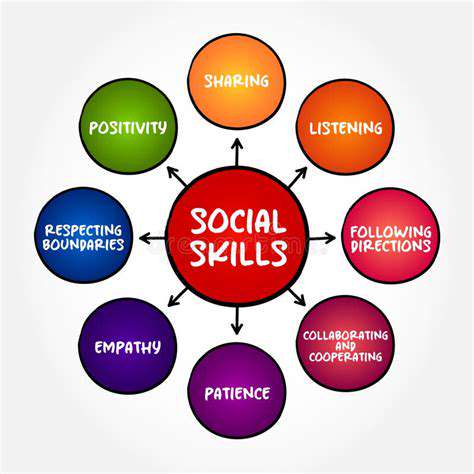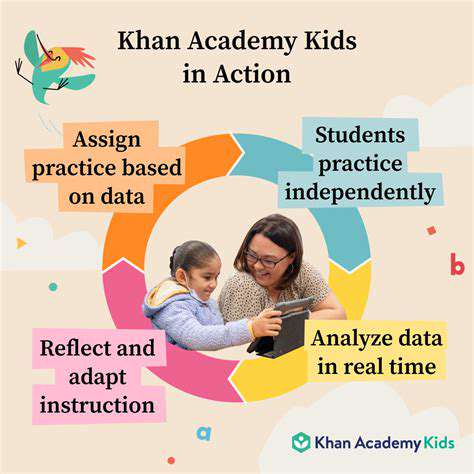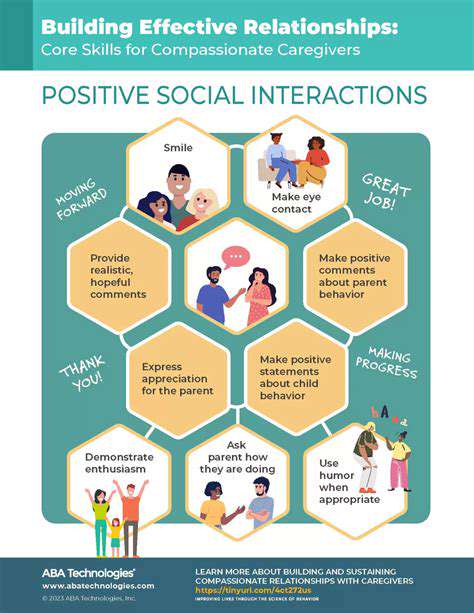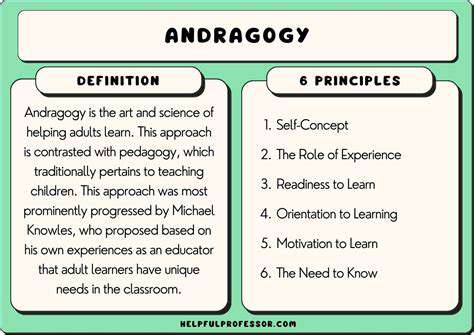HTML
Styling
CSS
Child Development
Nutrition
Habitudes de sommeil saines pour les tout-petits : Assurer des nuits reposantes
Créer un environnement propice au sommeil
Optimiser la chambre pour le repos
Créer un espace de sommeil dédié est crucial pour les tout-petits. Un environnement de sommeil régulier signale à leur corps qu'il est temps de se détendre et de dormir. Cela signifie une chambre sombre, calme et fraîche. Pensez aux rideaux occultants
Considérations alimentaires pour le sommeil des tout-petits

Introduction des aliments solides
Les tout-petits s'engagent dans une nouvelle aventure culinaire
Read more about Habitudes de sommeil saines pour les tout-petits : Assurer des nuits reposantes
Explorez le lien essentiel entre la nature et le bien-être mental dans l'éducation préscolaire. Découvrez comment l'exposition à des environnements naturels améliore la santé émotionnelle, la créativité et le développement cognitif des enfants. Notre article approfondit les avantages de l'intégration d'environnements d'apprentissage inspirés de la nature, encourageant l'exploration indépendante et abordant la fracture entre l'urbain et la nature. Apprenez à concevoir des espaces verts inclusifs et les impacts positifs de la végétation urbaine sur le développement des enfants. Équipez les éducateurs et les familles de stratégies pour favoriser l'indépendance et l'appréciation de l'environnement chez les jeunes enfants. Rejoignez-nous pour promouvoir le bien-être mental et cultiver un lien durable avec la nature chez les jeunes apprenants !
Jan 18, 2025
Créer un Environnement d'Apprentissage Sûr et Stimulant pour les Enfants d'Âge Préscolaire. Assurez-vous que vos enfants d'âge préscolaire s'épanouissent en concevant un espace d'apprentissage sécurisé et encourageant. Découvrez l'importance de la sécurité physique et émotionnelle, ainsi que la manière dont ces éléments favorisent le développement cognitif et l'indépendance chez les jeunes apprenants. Mettez en œuvre des stratégies efficaces pour créer un cadre sûr et des routines structurées, qui renforcent l'autodiscipline, favorisent le développement des compétences sociales et encouragent l'amour de l'apprentissage. Explorez comment stimuler la curiosité grâce à des ressources engageantes et des activités d'apprentissage basées sur le jeu qui enrichissent les expériences éducatives des enfants. Apprenez à favoriser la résilience grâce à une mentalité de croissance, en permettant aux enfants de voir les défis comme des opportunités de grandir. Visitez notre site pour découvrir des techniques pour créer un environnement où les enfants d'âge préscolaire se sentent en sécurité, inspirés et enthousiastes à l'idée de leur parcours éducatif.
Mar 09, 2025
Un guide sur les meilleures applications éducatives pour les enfants. À l'ère du numérique, les applications éducatives transforment la manière dont les enfants s'engagent dans l'apprentissage. Ce guide complet explore les plateformes exceptionnelles qui non seulement divertissent, mais développent également les compétences d'apprentissage précoce.
Mar 28, 2025
Créer des routines familières pour soulager l'anxiété des enfants
Créer des routines familières et intégrer des techniques d'exposition progressive peuvent réduire significativement l'anxiété chez les enfants, en les faisant se sentir plus à l'aise dans de nouveaux environnements.
Apr 20, 2025
Pourquoi la thérapie par le jeu fonctionne pour la croissance émotionnelle des enfants ?
Apr 29, 2025
Les stratégies de discipline positive les plus efficaces pour les enfants
May 03, 2025
Techniques de résolution de conflits pour les disputes entre frères et sœurs
May 04, 2025
Soutenir les enfants dans la transition entre les grandes phases de la vie
May 09, 2025
Intégrer les conséquences naturelles comme outil pédagogique
May 10, 2025
Concepts mathématiques pour les enfants d'âge préscolaire : rendre l'apprentissage des nombres amusant
Jun 10, 2025
Jalons du développement de l'enfant en bas âge : Ce à quoi s'attendre et comment soutenir votre enfant
Jun 10, 2025
Communication Positive : Se connecter à son enfant par le biais des mots
Jun 25, 2025











